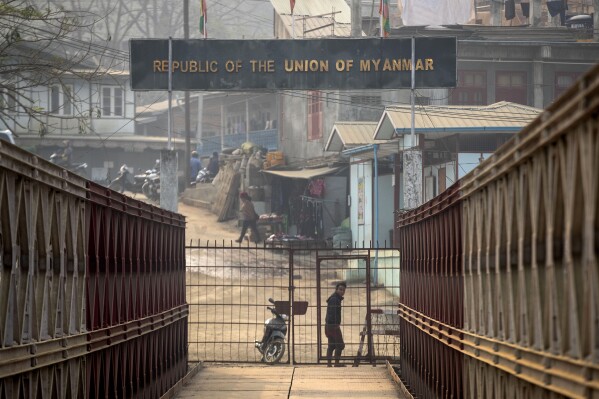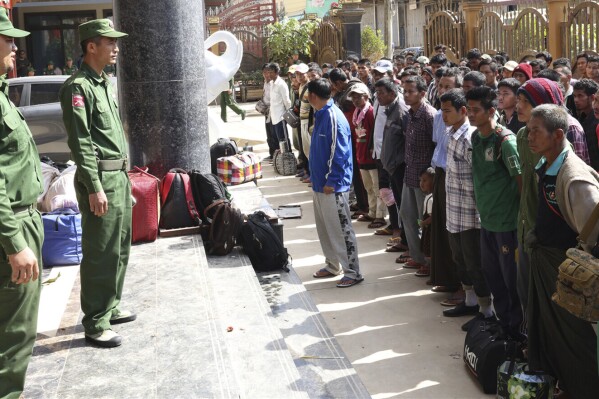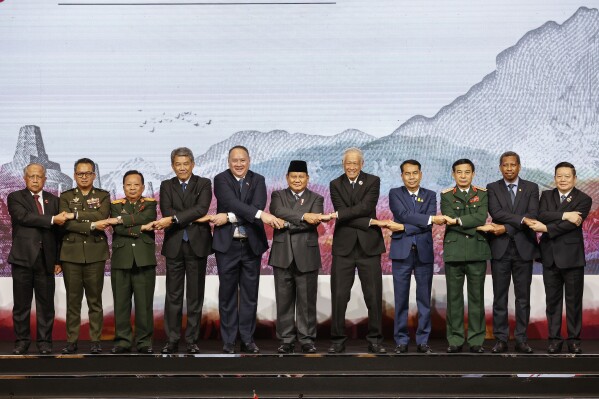5 European nations and Canada seek to join genocide case against Myanmar at top UN court
THE HAGUE, Netherlands (AP) — Five European countries and Canada are seeking to join a case brought by Gambia at the United Nations’ highest court that accuses Myanmar of committing genocide against its Rohingya minority.
The International Court of Justice said Thursday that Denmark, France, Germany, the Netherlands and the UK had joined with Canada in filing a “declaration of intervention in the case.” The Maldives filed a separate declaration.
Under the court’s rules, the declarations mean those countries will be able to make legal arguments in the case brought in 2019 following international outrage at the treatment of the Rohingya, a Muslim minority. Hundreds of thousands fled to neighboring Bangladesh amid a brutal crackdown by Myanmar forces.
Gambia argued that it and Myanmar are both parties to the 1948 convention outlawing genocide and that all signatories have a duty to ensure it is enforced. It asked the court to declare Myanmar in breach of the convention.
 Refugees who fled to India after latest fighting in Myanmar have begun returning home, officials say
Refugees who fled to India after latest fighting in Myanmar have begun returning home, officials say
 An ethnic resistance group in northern Myanmar says an entire army battalion has surrendered to it
An ethnic resistance group in northern Myanmar says an entire army battalion has surrendered to it
 ASEAN defense chiefs call for the fighting in Gaza to cease but struggle to address Myanmar violence
ASEAN defense chiefs call for the fighting in Gaza to cease but struggle to address Myanmar violence
The court has already ruled it has jurisdiction, though hearings in the case have not been scheduled.
Myanmar’s military launched what it called a clearance campaign in Rakhine state in 2017 in the aftermath of an attack by a Rohingya insurgent group. More than 700,000 Rohingya fled into neighboring Bangladesh. Myanmar security forces have been accused of mass rapes, killings and torching thousands of Rohingya homes.
Myanmar tried unsuccessfully to have the case thrown out, arguing the world court can only hear disputes between nations and Gambia was acting on behalf of the Organization of Islamic Cooperation.
The judges also dismissed Myanmar’s claim that Gambia could not file the case as it was not directly linked to the events in Myanmar and that a legal dispute did not exist between the two countries before the case was filed.
The International Court of Justice rules on disputes between states. It is not linked to the International Criminal Court, also based in The Hague, which holds individuals accountable for atrocities. Prosecutors at the ICC are investigating crimes committed against the Rohingya.
Disclaimer: The copyright of this article belongs to the original author. Reposting this article is solely for the purpose of information dissemination and does not constitute any investment advice. If there is any infringement, please contact us immediately. We will make corrections or deletions as necessary. Thank you.




